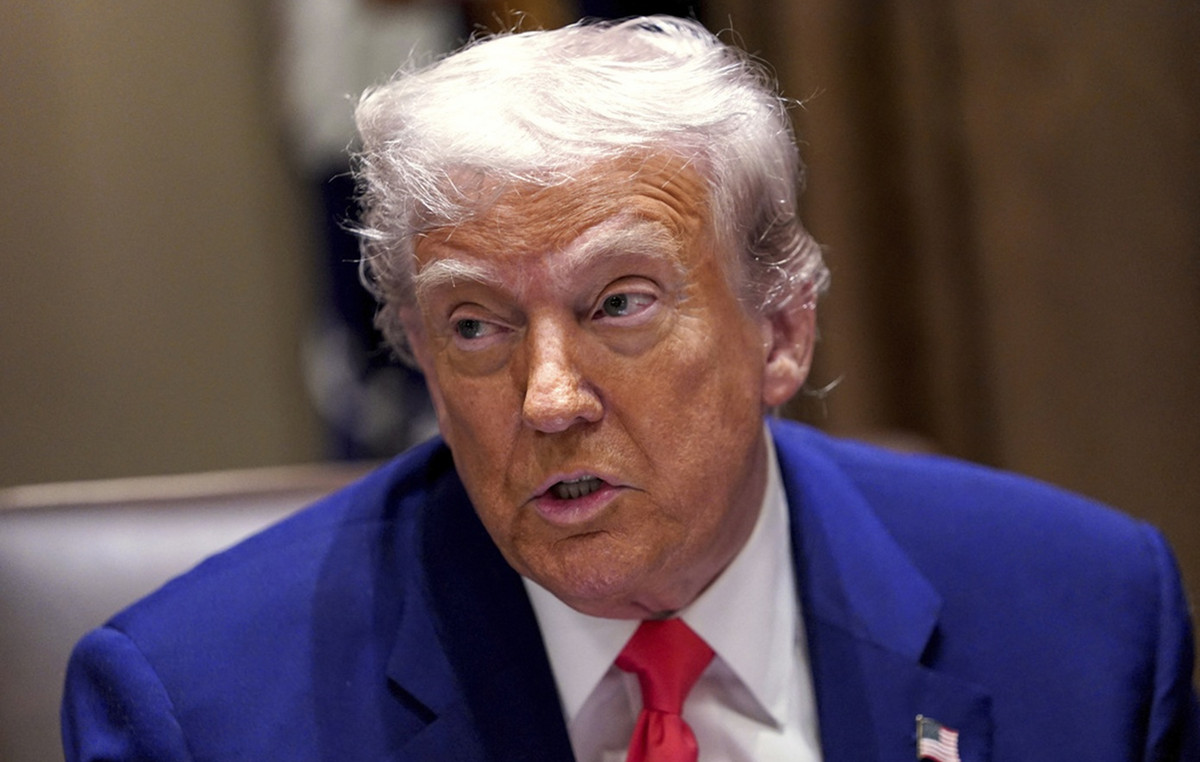The National Health Surveillance Agency (Anvisa) approved the drug Kisunla (Donanemabe), from the pharmacist Eli Lilly do Brasil, for the treatment of Alzheimer’s in initial symptoms. This is the first approved medication that promises to slow the progression of the disease in symptomatic adults. The approval was published last Thursday (17) in the Federal Official Gazette (DOU).
Kisunla is an injectable drug, administered once a month, and is the first and only treatment approved in Brazil aimed at the amyloid plate, whose brain accumulation is considered one of the main causes of Alzheimer. Medication promotes the removal of amyloid plaques, slowing the advancement of the disease and, consequently, the loss of cognition and memory.
Treatment is indicated for patients with mild cognitive impairment and light dementia related to the disease. However, the drug is not indicated for heterozygous patients or not with a specific gene called apolipoprotein and ε4 (APOE ε4) – situation identified by genetic examinations.
“We are living a unique moment in the history of neuroscience. After more than thirty -five years of research by Lilly, we finally have the first treatment that changes the natural history of Alzheimer’s disease approved in Brazil. Of course, this is a milestone for us as a company and for science, but especially for people who live with Alzheimer’s disease and their families – who have been looking for more hope. Senior of Lilly do Brasil, in a press release.
Medicine removed up to 76% of amyloid plates, says Lilly
Anvisa’s approval took into account phase 3 clinical study “Trailblazer-alz 2“Made with patients who were in early stages of the disease. Participants were analyzed over 18 months in two groups: one that was less advanced in their illness and another considered the general population. According to Lilly, Kisunla treatment significantly decreased cognitive decline in both groups.
Among the general population of participants, Donanemabe promoted the removal of amyloid plaques at levels considered negative in 30% of patients at six months, 66% at 12 months and 76% at 18 months. The drug also reduced amyloid signs by an average of 61% to six months, 80% at 12 months and 84% at 18 months compared to the base line.
One of the objectives of the study of the study was to remove amyloid plaques at minimum levels consistent with visually negative examination using positron emission tomography (PET) for detecting amyloid protein. In those individuals where the image exam demonstrated the removal of the plate at the desired levels, the treatment with Donanemab was closed and the patients began to receive blind placebo.
In addition to Anvisa, the Food and Drug Administration (FDA), the United States Regulatory Agency, also approved the drug in July last year. However, the European Medicines Agency (EMA) refused Kisunla’s marketing authorization in the European Union this year.
EMA’s disapproval is related to a side effect of the drug called Aria (amyloid -related image abnormalities), detected by magnetic resonance imaging. When it occurs, it is characterized as a temporary swelling in one or more areas of the brain. At rare events, larger areas of bleeding in the brain may occur.
According to Lilly, Aria usually resolves over time. In addition to it, other side effects may be caused by the drug, such as allergic reactions, some of which may be severe or fatal and usually occur during infusion or within 30 minutes after infusion, and headache.
The drug still needs to go through the pricing process with the Medicines Regulatory Chamber (CMED) of ANVISA. There is no definite date for the marketing of Kisunla in Brazil.
Sleeping little increases the risk of developing Alzheimer’s, says study
This content was originally published in Anvisa approves 1st treatment that promises to slow Alzheimer on the CNN Brazil website.
Source: CNN Brasil
I am an experienced journalist and writer with a career in the news industry. My focus is on covering Top News stories for World Stock Market, where I provide comprehensive analysis and commentary on markets around the world. I have expertise in writing both long-form articles and shorter pieces that deliver timely, relevant updates to readers.







